After a week of deep discussions in the 5th round of the Inter-Burundian Dialogue, participants came up with a common roadmap i.e. the resolution proposal for Burundi crisis. However, politicians who were not present in the session strongly criticize it.
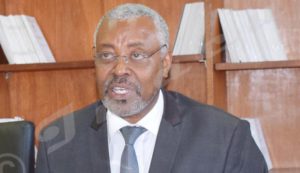
Jean De Dieu Mutabazi: “Participants in the 5th dialogue session should immediately adhere to Kayanza roadmap if they really want to strengthen peace and security.”
Jean De Dieu Mutabazi, chairman of RADEBU party says the document signed by a part of the opposition is totally opposed to Kayanza roadmap signed in August 2018. The latter was largely signed by the government and the ruling CNDD-FDD party.
Mutabazi says the participants in the 5th round of the Inter-Burundian Dialogue did not reach any tangible result. “Participants asked for the transitional government before organizing the elections,” angrily says RADEBU chairman. He says some of the 30 signatories of the document will participate in the 2020 elections at all cost. “This indicates that they don’t defend the same cause,” he says.
Jean de Dieu Mutabazi accuses them of not being aware of the four principles required to participate in the 2020 electoral process. “They don’t recognize the institutions resulted from the 2015 elections, the Constitution, the National Electoral Commission and Kayanza roadmap,” he says.
For him, participants in the 5th dialogue session should immediately adhere to Kayanza roadmap if they really want to strengthen peace and security.
As for Olivier Nkurunziza, Secretary General of UPRONA party, some recommendations from the 5th dialogue session will not be easy to be brought into force. “How should the government establish a transitional government while we know that the current institutions resulted from the 2015 elections?,” he says. Nkurunziza also says foreigners should not be included among the members of the National Independent Electoral Commission. “Only international observers would have access to the electoral process,” he says.
Among the major items in the resolution proposal that participants in the 5th round of the Inter-Burundian dialogue discussed at “Ngurdoto Mountain Lodge” were the establishment of a neutral and independent framework for the good management of political parties, rehabilitation of divided political parties, release without any condition of detained politicians, 2015 protestors as well as illegal detainees. Removing all arrest warrants against wanted people and stopping immediately the persecution of political opponents were also included in the resolution proposal for the crisis.
Considering these recommendations, participants believe that the regional and international community has another chance to save the Arusha Agreement and help Burundians to solve the crisis.
According to the office of the facilitation in the Inter-Burundian dialogue, the internal and external opposition groups who were absent in the elaboration of Kayanza roadmap met in Entebbe, Uganda in September 2018 and came up with the Entebbe Roadmap to the 2020 elections in Burundi. All of these documents will allow the facilitator to combine them into a common roadmap to the 2020 elections that he will present during the Summit of EAC Heads of State.

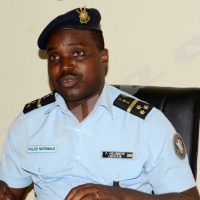
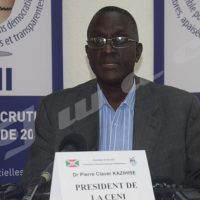
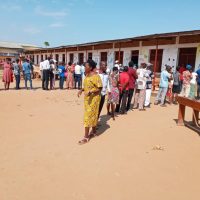
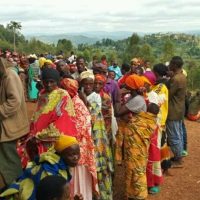
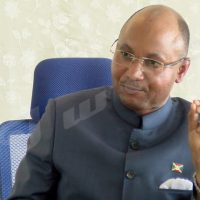













 IWACU Open Data
IWACU Open Data

